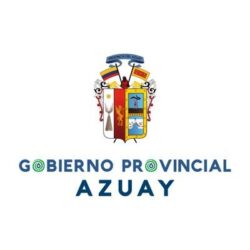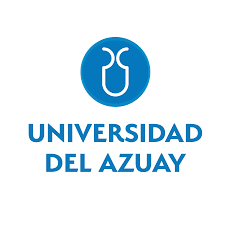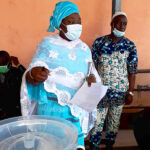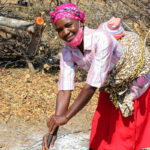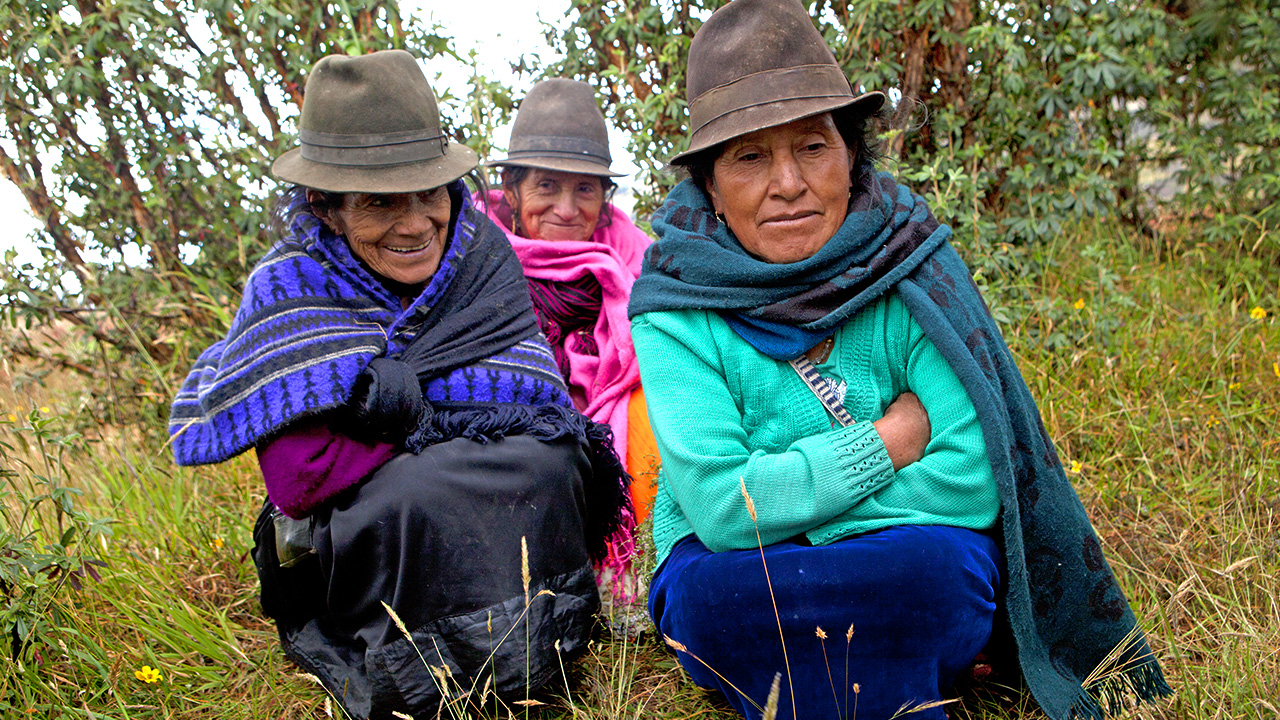
ECUADOR Andes
Ecuador’s backbone, the Andean highlands, runs from the northern border with Colombia to Peru on the southern border. The capital city of Quito at 9350 feet (2850 meters) was inhabited by Andean Indians and was well established 3000 years before the Incan conquest in 1487. As the Incan civil war continued, the Spanish conquistadors arrived in 1531 – and the rest is history.
The Andes (sierra region) is also home to our organization. As such, we are uniquely positioned to work with the local government. An agreement was made between The Waterbearers and the Prefecture of Azuay, originally under the former Prefect, Yaku Perez.
“Water is worth more than gold,” says Yaku, whose name in the indigenous Quichua language means “water.”
Thirty-six percent of Ecuador’s population lives in rural areas, and the indigenous people remain the most affected by poverty, have little access to education, clean water, or health care.
Since 2015, The Waterbearers organization has distributed filters and training in the central highlands, impacting more than 26,000 people.
During COVID restrictions from 2020 to 2021, 225 filters systems were distributed in 76 communities with the Prefectura del Azuay, directly benefitting 2,484 families who lacked access to safe drinking water.
Further collaboration between the University of Azuay and The Waterbearers was established to help nine rural communities access safe drinking water, which impacted more than 5,000 people. Rural communities face ever-shifting climate changes disrupting water supplies, and the health of children is affected by water pollution from biological, chemical and mining contaminants.
LOCATIONS Provinces of Azuay, Cañar, and Loja.
DATES From 2015 – 2021
IMPACT 26,000 people living in rural communities beyond the municipal water supply.
PARTNERSHIPS Provincial Government of Azuay and the University of Azuay
